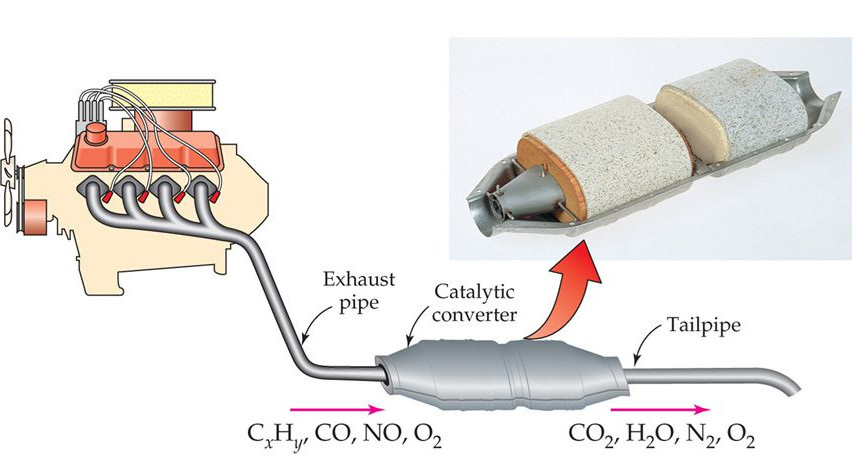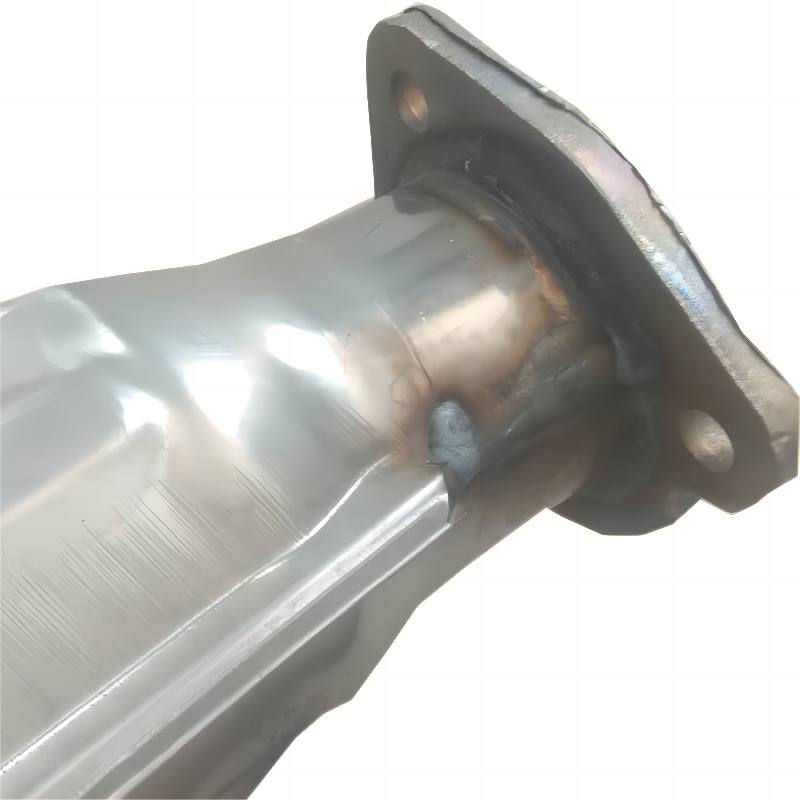By subscribing, you agree to our Terms of Use and Policies You may unsubscribe at any time.
Switzerland is one of the countries that has committed to achieving net zero emissions by 2050, as per the Paris Agreement. However, the road transport sector still accounts for a significant share of the country’s greenhouse gas emissions. Flexible Exhaust Pipe 2

According to the Swiss Federal Statistical Office, trucks that carry goods across the country release over a million tons of CO2 every year. While the number of electric trucks is increasing, it is still far from being the norm.
In fact, in the first quarter of 2023, only 600 electric trucks weighing more than 16 metric tons were registered in the entire European Union, compared to 86,455 diesel-powered ones.
To tackle this challenge, a Swiss startup called Qaptis has come up with an innovative solution that can reduce the carbon footprint of conventional freight trucks. Qaptis has developed a decarbonization system that can capture the CO2 emitted from the exhaust pipe and store it in a liquid form.
The system is based on a core technology that was invented at the Industrial Process and Energy Systems Engineering Laboratory of the Ecole Polytechnique Fédérale de Lausanne (EPFL). The technology uses a minimal amount of external energy to convert CO2 from a gas to a liquid, creating a positive feedback loop.
The Qaptis system is designed to be retrofitted on existing trucks. It works by collecting the CO2 from the exhaust pipe and cooling it down. Then, it separates the CO2 from other gases, such as nitrogen and oxygen, by passing the mixture over a special powder that acts as an adsorbent.
The startup plans to use an organometallic powder in the future, which will enhance their process even more.
But the powder they want is not yet available on an industrial scale. Once the powder is saturated with CO2, it is heated up by using the waste heat from the engine. This releases the CO2, which is then compressed into a liquid by high-speed turbochargers.
The liquid CO2 occupies much less space than the gas and is stored in a tank behind the driver’s cabin. The startup has completed the first phase of its project, which was to transfer its core technology from the laboratory to the industry. Now, they are working on developing a device that can be easily installed on any truck.
The Qaptis system is not only a way to reduce CO2 emissions but also a potential source of revenue for truck owners. The captured CO2 can be used for various purposes, such as making food, fertilizer, energy, building materials, and synthetic fuels.
These are some of the emerging markets for carbon utilization, which aim to turn CO2 from a waste product into a valuable resource. Qaptis intends to tap into these markets by partnering with local freight carriers who want to lower their environmental impact.
The startup has already secured a strategic partnership with a local carrier, where it has installed its prototype for testing under real-world conditions. They expect to start operating their first test vehicle by the end of 2024. The startup also plans to create a recovery system that will allow the drivers to empty their CO2 tanks at gas stations so that the system can be adopted more widely.
Qaptis has recently raised 1.3 million in its initial funding round, which will help the startup to scale up its operations and optimize its product. The prototype, which is still quite bulky, can be connected with standard fittings and can function normally.
It was first tested at a U.S. company that has a long-term relationship with Qaptis, but it was later moved to Tolochenaz for further improvement. However, the system still needs to be miniaturized enough to fit on different types of trucks.
The startup’s goal is to create a breakthrough device that is modular and adaptable to various truck models. Therefore, they need to go through several iterations outside the laboratory to make it ready for everyday use. The startup is also in talks with a large local freight carrier that is interested in implementing its technology soon.

Universal Exhaust Pipe They have also received inquiries from businesses in Asia, but they are currently focused on the Swiss, German, and Austrian markets. The startup hopes that one day, their technology can be used for other types of vehicles, too, such as ships.